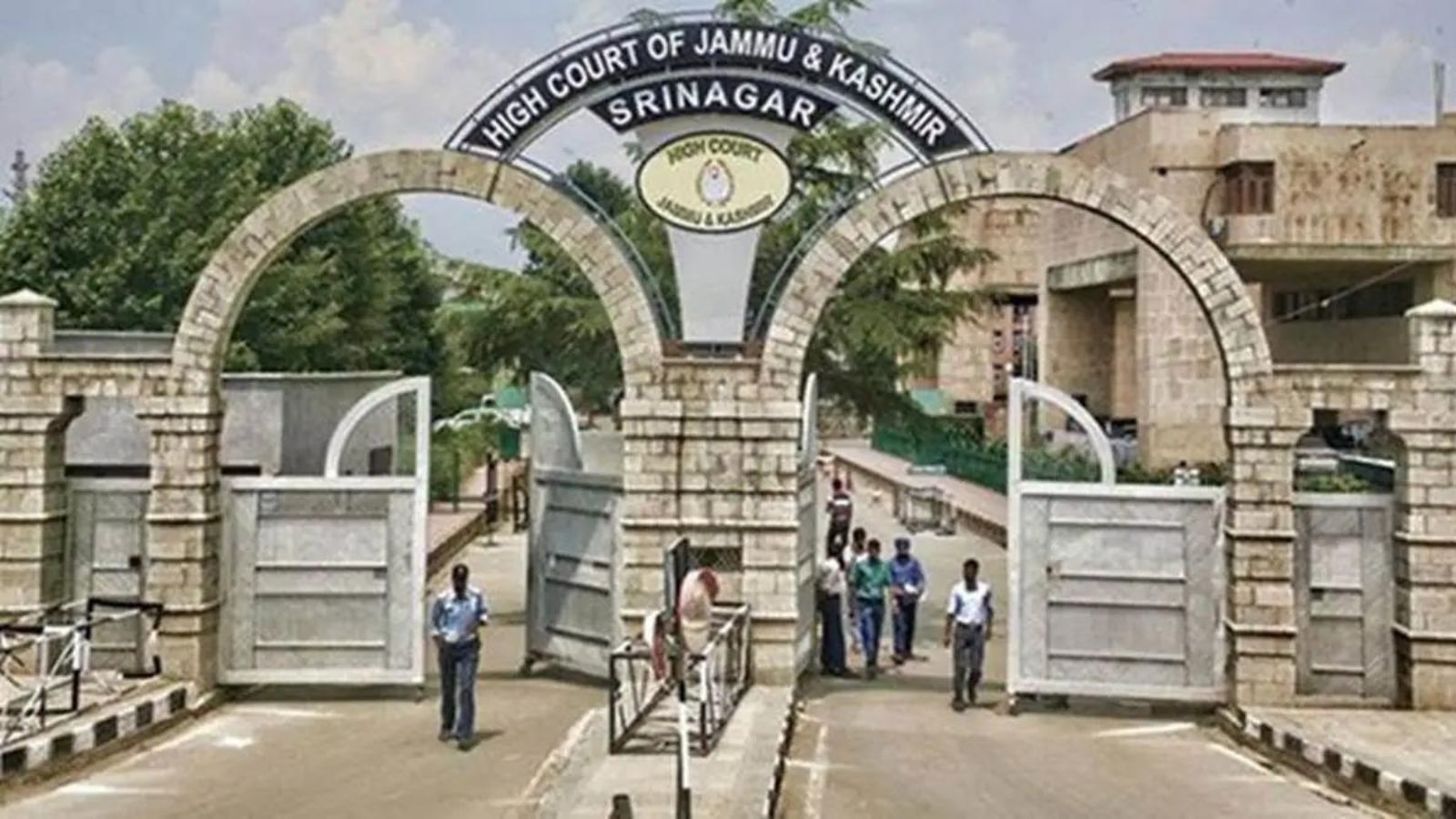In a landmark ruling, the Jammu and Kashmir & Ladakh High Court has affirmed consumers’ rights to vehicle replacement in cases of manufacturing defects. This decision comes as a significant victory for car owners who have faced persistent issues with their newly purchased vehicles and underscores the importance of consumer protection in the automotive industry.
Background:
The ruling addresses the common scenario where individuals encounter problems with their newly acquired cars, leading to multiple visits to dealerships and service centers in search of resolution. In many cases, frustrated customers resort to legal action, filing complaints against both the dealership and the manufacturer.
Key Decision:
The High Court’s decision clarifies that consumers have the legal right to demand vehicle replacement if their cars exhibit manufacturing defects. This ruling emphasizes the responsibility of automobile manufacturers and dealerships to deliver products that meet quality standards and fulfill consumer expectations.
Impact on Consumer Rights:
By affirming the right to vehicle replacement, the High Court’s ruling strengthens consumer protection laws in the region. It provides recourse for individuals facing persistent issues with their vehicles and establishes a precedent for fair treatment and accountability within the automotive industry.
Implications for Manufacturers and Dealerships:
Automobile manufacturers and dealerships must now prioritize quality control measures and customer satisfaction to avoid potential legal repercussions. The ruling underscores the importance of proactive measures to address manufacturing defects and uphold consumer trust.
Conclusion:
The Jammu and Kashmir & Ladakh High Court’s ruling marks a significant victory for vehicle consumers, affirming their rights and holding manufacturers and dealerships accountable for product quality. This decision sets a precedent for enhanced consumer protection in the automotive sector and serves as a reminder of the importance of transparency, accountability, and fairness in business practices.






